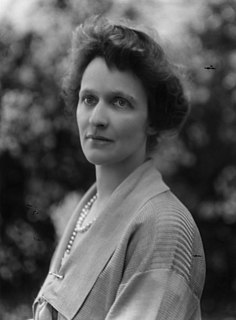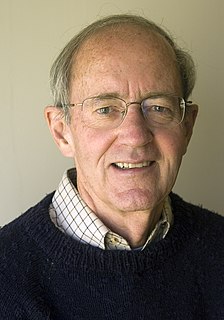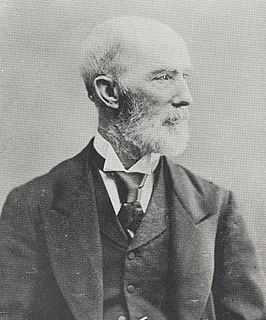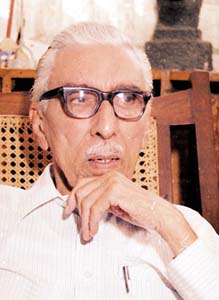A Quote by Edwin Percy Whipple
Sydney Smith playfully says that common sense was invented by Socrates, that philosopher having been one of its most conspicuous exemplars in conducting the contest of practical sagacity against stupid prejudice and illusory beliefs.
Related Quotes
Stupid religion makes stupid beliefs, stupid leaders make stupid rules, stupid environment makes stupid health, stupid companions makes stupid behaviour, stupid movies makes stupid acts, stupid food makes stupid skin, stupid bed makes stupid sleep, stupid ideas makes stupid decisions, stupid clothes makes stupid appearance. Lets get rid of stupidity from our stupid short lives.
Common sense is science exactly in so far as it fulfills the ideal of common sense; that is, sees facts as they are, or at any rate, without the distortion of prejudice, and reasons from them in accordance with the dictates of sound judgment. And science is simply common sense at its best, that is, rigidly accurate in observation, and merciless to fallacy in logic.
The Adlerians, in the name of "individual psychology," take the side of society against the individual. ... Adler's later thought succumbs to the worst of his earlier banalization. It is conventional, practical, and moralistic. "Our science ... is based on common sense." Common sense, the half-truths of a deceitful society, is honored as the honest truths of a frank world.
Socrates dies with honor, surrounded by his disciples listening to the most tender words -the easiest death that one could wish to die. Jesus dies in pain, dishonor, mockery, the object of universal cursing - the most horrible death that one could fear. At the receipt of the cup of poison, Socrates blesses him who could not give it to him without tears; Jesus, while suffering the sharpest pains, prays for His most bitter enemies. If Socrates lived and died like a philosopher, Jesus lived and died like a god.
We invented marriage. Couples invented marriage. We also invented divorce,mind you. And we invented infidelity,too, as well as romantic misery. In fact we invented the whole sloppy mess of love and intimacy and aversion and euphoria and failure. But most importantly of all, most subversively of all, most stubbornly of all, we invented privacy.




































